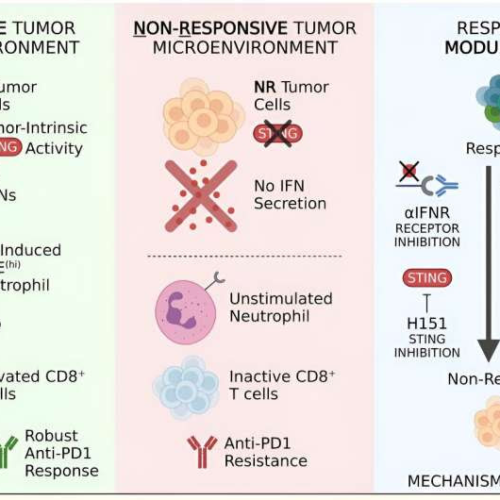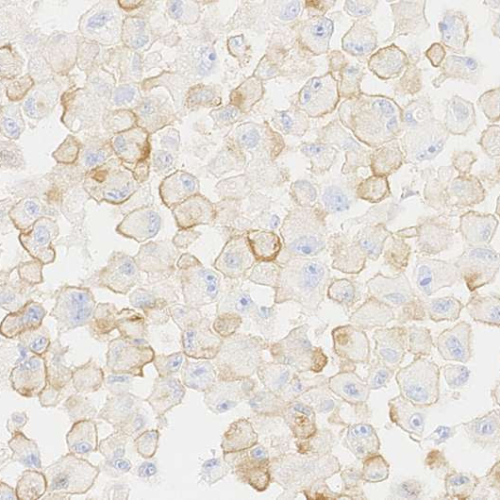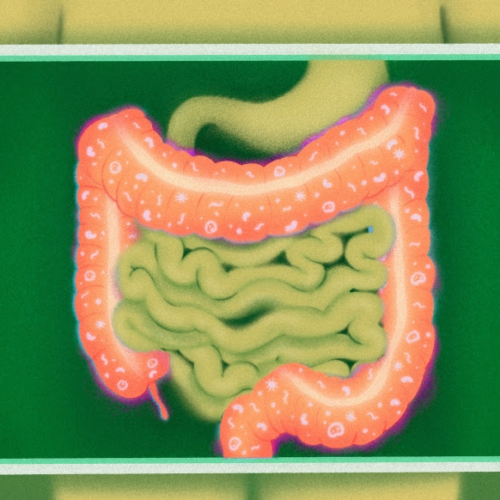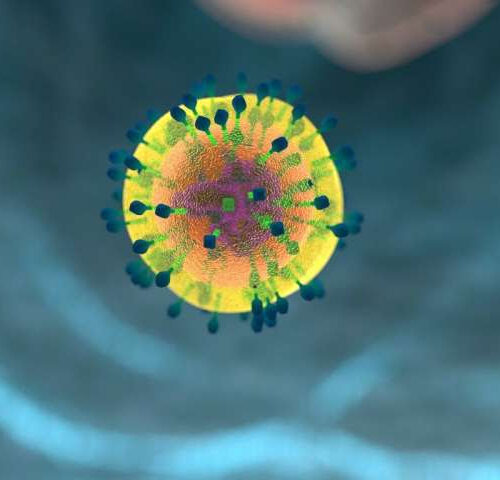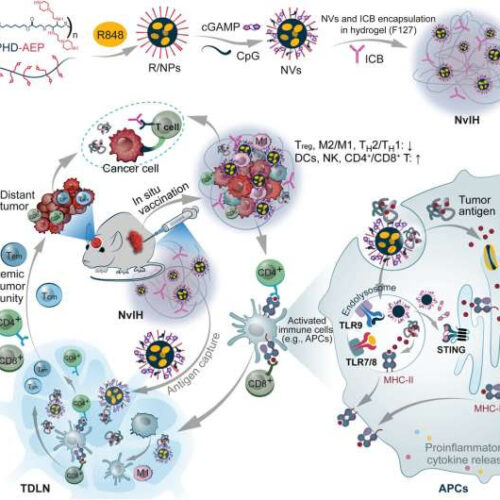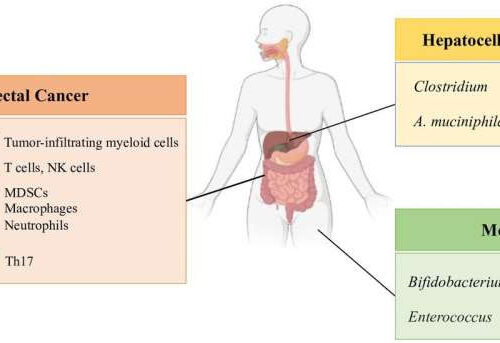by Technion – Israel Institute of Technology Graphical abstract. Credit: Cancer Cell (2024). DOI: 10.1016/j.ccell.2023.12.005Researchers at the Technion’s Ruth and Bruce Rappaport Faculty of Medicine and the Rappaport Family Institute for Research in the Medical Sciences have discovered a subset of blood cells that predict the success of immunotherapy treatment. These findings are expected to streamline...
Tag: <span>Immunotherapy</span>
Immune cell receptor provides promising immunotherapy target
Peer-Reviewed Publication JOHNS HOPKINS MEDICINE FOR IMMEDIATE RELEASE Drugs that target a receptor on immune cells called activin receptor 1C may combat tumor-induced immune suppression and help patients’ immune systems fight back against cancer, according to a study by investigators at the Johns Hopkins Kimmel Cancer Center and its Bloomberg~Kimmel Institute for Cancer Immunotherapy. The...
Chemotherapy becomes more efficient when senescent cells are eliminated by immunotherapy, shows study
by Institute for Research in Biomedicine (IRB Barcelona) Senescent human melanoma tumor cells. In brown, the PD-L2 protein acts as a protective shield and prevents the action of the immune system. Credit: IRB BarcelonaCancer treatments, including chemotherapy, in addition to killing a large number of tumor cells, also result in the generation of senescent tumor cells...
Researchers identify why cancer immunotherapy can cause colitis
Studies in mice reveal the mechanism that induces this severe side effect and point to a solution that kills the cancer without causing gastrointestinal issues AuthorNicole Fawcett Jacob Dwyer, Michigan MedicineResearchers at the University of Michigan Health Rogel Cancer Center have identified a mechanism that causes severe gastrointestinal problems with immune-based cancer treatment. They also...
New form of immunotherapy under investigation for cancer that resists conventional T cell therapies
by Delthia Ricks , Medical Xpress Axial CT image with i.v. contrast. Macrocystic adenocarcinoma of the pancreatic head. Credit: public domainMedical investigators are theorizing that a combination of two treatments that activate myeloid cells may effectively treat a recalcitrant form of pancreatic cancer that thwarts conventional immunotherapy. Mobilizing the immune system to destroy cancers has...
Disrupting a single gene could improve CAR T cell immunotherapy, new study shows
by Jim Stallard, Memorial Sloan Kettering Cancer Center Credit: Pixabay/CC0 Public Domain CAR T cell therapy, a powerful type of immunotherapy, has begun to revolutionize cancer treatment. Pioneered at Memorial Sloan Kettering Cancer Center (MSK), the therapy involves engineering a patient’s T cells so they recognize and attack cancer cells. These CAR (chimeric antigen receptor) T...
Scientists engineer potent immune cells for ‘off-the-shelf’ cancer immunotherapy
by University of California, Los Angeles Scanning electron micrograph of a human T lymphocyte (also called a T cell) from the immune system of a healthy donor. Credit: NIAID UCLA scientists have developed a new method to engineer more powerful immune cells that can potentially be used for “off-the-shelf” cell therapy to treat challenging cancers. “Off-the-shelf”...
Single-dose injectable nanovaccine-in-hydrogel for robust cancer immunotherapy
by Thamarasee Jeewandara , Medical Xpress In situ vaccination with single-dose NvIH reduced TME immunosuppression, enhanced TME antitumor immune milieu, and elicited systemic antitumor immunity, resulting in robust immunotherapy of large poorly immunogenic tumors with abscopal effect. NvIH is composed of injectable (NVs + ICBs)-in-hydrogel that was loaded with triple immunostimulants (TLR7/8/9 and STING agonists...
Gut microbiota and immune alteration in cancer development: Implications for immunotherapy
by First Hospital of Jilin University Different microbes interact with host immune cells in the development of CRC, HCC and melanoma. Some of these interactions are pro-tumourigenic (labelled in red), while the others are against cancer progression (labelled in blue). CRC, colorectal cancer; HCC, hepatocellular carcinoma; MDSCs, myeloid-derived suppressor cells; NKT, natural killer T cells....
Study raises possibility of immunotherapy treatment for ALS
OREGON HEALTH & SCIENCE UNIVERSITY New research reveals a type of monoclonal antibody already tested in certain forms of cancer may be a promising treatment in stopping the progression of amyotrophic lateral sclerosis, or ALS, a fatal neurodegenerative disease. The study, led by scientists at Oregon Health & Science University, published today in the Proceedings of the National...

